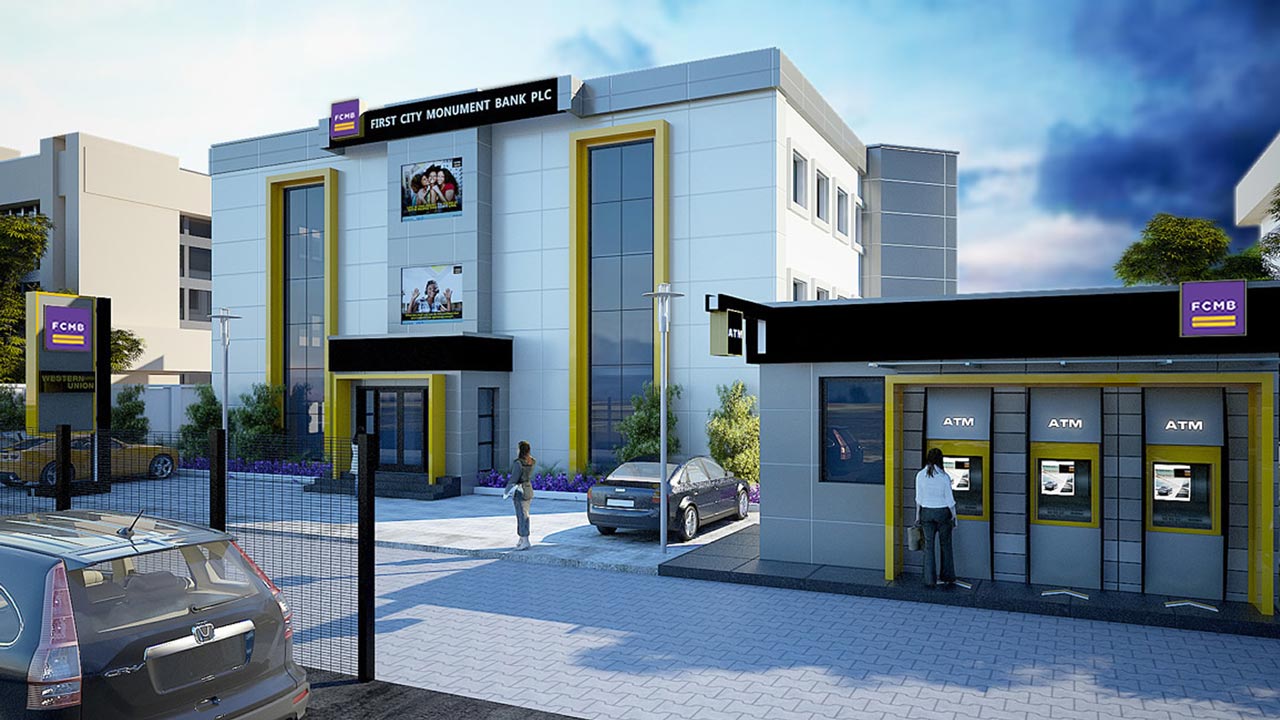- CBN Stops Banks from Taking Charges on Bulk Transfers
Commercial banks can no longer take Short Message Service (SMS) charges on bulk bank transfers done through the Real Time Gross Settlement (RTGS).
The RTGS is an interbank funds transfer system on “real time” basis and “gross”. Settlement in the “real time” means that the transaction takes place almost immediately.
The banks were previously charging N4 per transaction or text message fee on all bulk transfers, but were directed by the Central Bank of Nigeria (CBN) to halt such fees in the interest of customers.
The CBN’s directive has further cut banks’ multiple revenue streams that form a major part of the huge profits they declared in recent years.
A Customer Service Officer in one of the Tier-1 banks said that most salary accounts that are funded through bulk transfers are no longer getting transaction alerts because the fee cannot be absorbed by customers or charged on their accounts.
The source said banks were complying with the CBN directive while customers under such arrangements are expected to use bank-specific digital codes to check their account balances as they can no longer get bulk-transfers related transaction alerts.
The Nigerian Communications Commission (NCC) had directed that any person subscribing to any of the Nigerian GSM networks must not be charged more than N4 for SMS, sent to other networks. The NCC set a price cap of N4 per message for all domestic Off-Net Messaging Service in line with Sections 4 and Chapter V11 of the Nigerian Communications Act (NCA), 2003.
Speaking on e-payment at a meeting with financial journalists in Lagos, CBN Director, Banking & Payments System Department, ‘Dipo Fatokun, described e-payment as any form of payment that allows the use of electronics system to initiate, authorise and confirm the transfer of money between two parties.
The transaction reason, he said, could be for the payment for goods and services, settlement of obligations, gifts among others.
He explained that e-payments are driven by a network of interconnected systems, which make it possible for exchanges of value between payer and payee, sender and receivers or donor and donee.
“Banks, Payment Service Providers (PSPs), Financial Authorities and Central Banks play various roles in developing the payments system infrastructure to drive electronic payments, that is nationally utilized. The e— payments industry refers to all stakeholders, operators, regulators, infrastructures, merchants, retailers and the final consumers of the payments products and services. Payment technologies and platforms bind the industry together in a tight ecosystem,” he said.
Fatokun disclosed that global non-cash (electronic payment) transaction volumes grew at 8.9 per cent to reach $387.3 billion in 2014, an increase, driven by accelerated growth in developing markets.
“Cards have been the fastest growing payments instrument since 2010, as cheque use has declined consistently and significantly. Debit cards accounted for the highest share (45.7 per cent) of global e-payment transactions and were also the fastest growing (12.8 per cent) payments instrument in 2014,” he said.
According to him, global non-cash volumes are estimated to have grown by 10.1 per cent to reach $426.3 billion in 2015, aided by high growth in emerging economies across the world, including Africa even as the Nigerian e-payments industry has been evolving in line with the evolution in global payments in both Wholesale and Retail systems.
“Banks, PSPs, and the CBN have played various roles in developing the payments system and creating products and channels for electronic payments. The Retail Payments Transformation Programme of the CBN has led to the introduction of various electronic payments products and services by operators in the industry. The electronic products are gradually reducing the usage of cheques and cash, as noticed consistently in the annual performance report since the inception of the Cash-less Policy in 2012,” he said.
He said the volume and value of transactions based on cheques and National Electronic Funds Transfer (NEFT) have been consistently reducing yearly since 2013, while same data for the Nigeria Interbank Settlement System- NIBSS Instant Payment (NIP), Automated Teller Machine (ATM), and mobile money channels have been on the increase. This is an indication of users’ preference for instant value channels over non-instant payment channels.
“The ATM Channel accounts for the highest volume of transactions, while the NIP accounts for the highest value of transactions annually. This is because the ATM is usually the e-payment channel that new and lower value account holders always interface with, while corporates and upwardly mobile middle class customers make transfers using NIP,” he said.
The CBN director disclosed that banks and other e-payment service providers operate in a highly regulated environment. “Regulation is necessary to ensure that operators focus on delivering products and services that enable compliance, efficiency, financial stability and a positive customer experience. The attempt to regulate electronic payments in Nigeria started with the CBN Electronic Banking Guidelines, issued in August 2003,” he said.
Also, in furtherance of its effort to promote and facilitate the development of efficient and effective systems for the settlement of transactions, including the development of electronic payments system, the CBN has since 2008, issued and reviewed several e-payment related framework, guidelines and circulars.


 Forex4 weeks ago
Forex4 weeks ago
 Naira3 weeks ago
Naira3 weeks ago
 Billionaire Watch3 weeks ago
Billionaire Watch3 weeks ago



 Naira3 weeks ago
Naira3 weeks ago






 Naira3 weeks ago
Naira3 weeks ago


 Naira2 weeks ago
Naira2 weeks ago






 Naira2 weeks ago
Naira2 weeks ago
 Commodities4 weeks ago
Commodities4 weeks ago





















